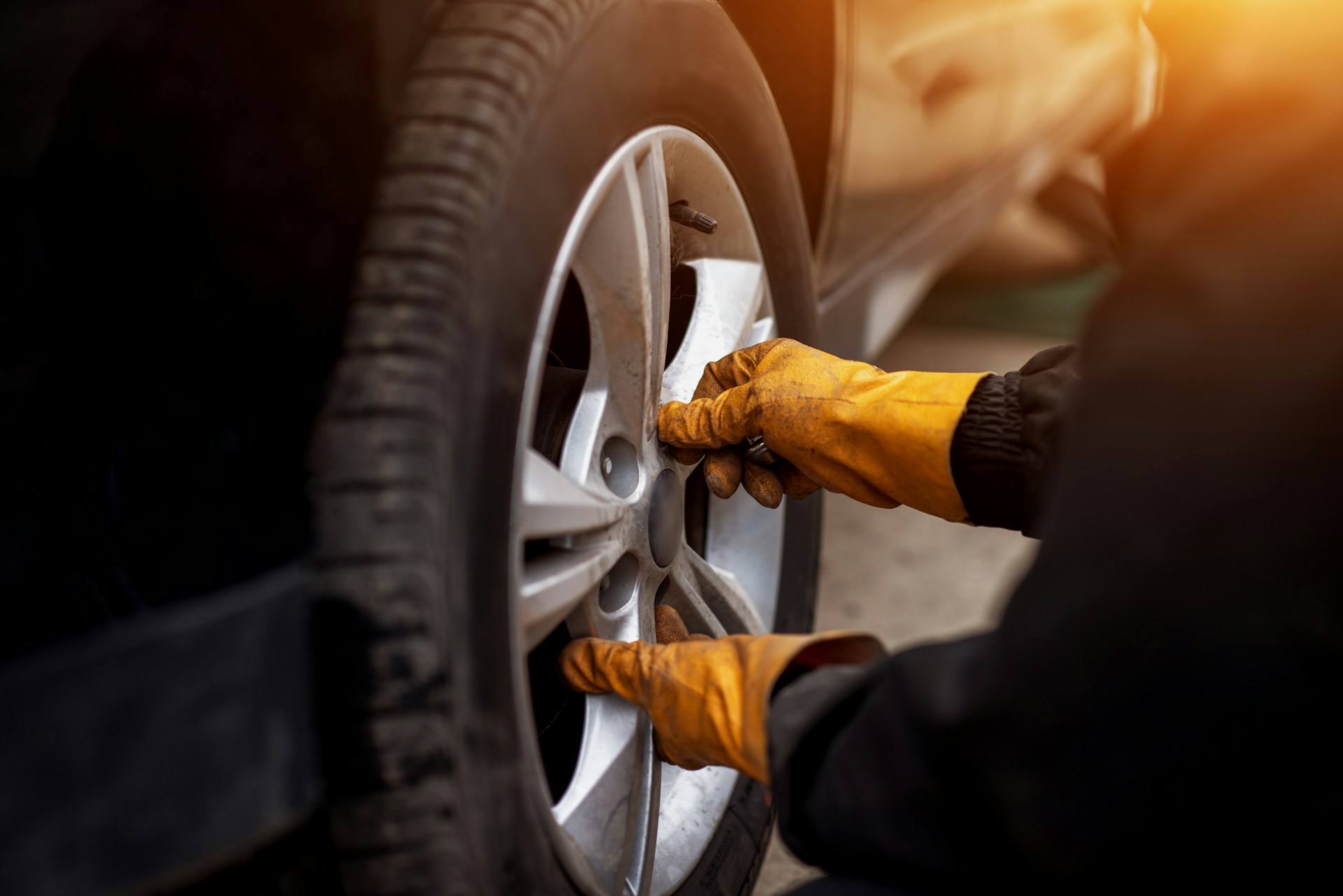As a car enthusiast, you know that choosing the right alloy wheels for your vehicle is about more than just aesthetics. The perfect wheel selection will not only elevate the visual appeal of your car but also improve its performance, handling, and overall driving experience. The process of selecting the right alloy wheels, however, can be overwhelming, given the plethora of options available in the market. East Coast Coatings, a leading alloy wheel refurbishment business based in Larne, Co. Antrim, specialises in professionally refurbishing and powder coating alloy wheels, maintaining their pristine appearance and functionality.
In this article, we will provide a comprehensive guide on how to choose the perfect alloy wheels for your car by considering various factors, such as size, material, weight, and design. By gaining insight into these aspects, you will be better equipped to make an informed decision that complements your specific vehicle’s needs and enhances its performance.
Factors to Consider When Choosing Alloy Wheels
Wheel Size Matters
One of the most crucial factors to consider when selecting alloy wheels is their size. The diameter, width, and offset of the wheels will significantly impact your vehicle’s performance, handling, and overall appearance. Larger wheels with a wider diameter offer an aggressive and stylish look; however, they may also increase the weight of your vehicle, affecting fuel efficiency and acceleration. Smaller wheels, on the other hand, provide a more balanced appearance and can improve ride quality.
When choosing wheel size, it is essential to consult your vehicle’s manual to determine the recommended specifications. Opting for wheels within the recommended size range will ensure compatibility with your car’s suspension and braking systems while maintaining optimal handling and performance.
Material: Aluminium vs Magnesium
Alloy wheels typically consist of aluminium or magnesium, each offering unique benefits and drawbacks. Aluminium alloy wheels are lighter and less expensive than their magnesium counterparts, making them a popular choice among car owners. They also exhibit excellent heat conductivity, which can improve braking performance and prolong the life of your tyres.
Magnesium wheels, although generally more expensive, offer an even lighter, more robust option than aluminium wheels. Their lightweight nature contributes to enhanced acceleration, better fuel efficiency, and improved handling. However, magnesium wheels may be more susceptible to corrosion if not adequately maintained, which could lead to a shorter lifespan.
Consider the Weight
Aside from wheel size and material, the weight of the alloy wheels is another vital consideration. Lighter wheels not only result in better fuel economy, but they can also improve handling, ride quality, and acceleration. Conversely, heavier wheels may impede handling and increase fuel consumption, negating any aesthetic benefits they provide.
Forged versus Cast Alloy Wheels
When it comes to manufacturing methods, alloy wheels can be categorised as forged or cast. Forged alloy wheels are created using a high-pressure process that results in an incredibly strong, lightweight wheel. These wheels often carry a higher price tag due to their superior strength and durability but offer increased performance, handling, and fuel efficiency.
Cast alloy wheels, on the other hand, are typically more affordable and come in a wide variety of styles. Although cast alloy wheels may not boast the same strength as their forged counterparts, they still offer fantastic performance advantages compared to traditional steel wheels. In many cases, cast alloy wheels present an excellent balance of style, affordability, and performance.
Maintenance of Alloy Wheels
Once you have carefully chosen your new alloy wheels, it is essential to maintain them properly to ensure they remain in top condition and continue to provide excellent performance. Regular cleaning with mild soap and water is crucial for preventing dirt, grime, and brake dust from accumulating and damaging your wheels’ finish. Avoid using harsh chemicals, which may corrode or strip the protective coating on your wheels, and consider investing in wheel sealants or ceramic coatings to prolong their lifespan and maintain their pristine appearance.
Furthermore, when you notice signs of wear or damage, such as scratches, scuffs, or dents, seeking professional refurbishment services is essential. East Coast Coatings specialises in alloy wheel refurbishment and powder coating, restoring your alloy wheels to their original condition and ensuring they remain structurally sound and visually appealing. Their expertise ensures that your alloy wheel investment is protected, preserving their performance and appearance for years to come.
Conclusion
Selecting the perfect set of alloy wheels for your vehicle is an intricate process that requires careful consideration of factors such as size, material, weight, and manufacturing method. By thoroughly assessing these aspects and consulting your vehicle’s manual for guidance, you can ensure the alloy wheels you choose provide the optimal balance of style, performance, and safety.
Once you have made your selection, regular maintenance and professional refurbishment services like those offered by East Coast Coatings will ensure your alloy wheels remain in peak condition, delivering the performance you desire and the exceptional driving experience you deserve.
Unleash your vehicle’s full potential with the perfect set of alloy wheels and experience unparalleled driving performance, comfort, and style. Trust East Coast Coatings to maintain and refurbish your alloy wheels to the highest standard, ensuring a flawless finish that truly reflects your car’s personality.

